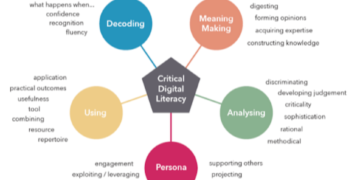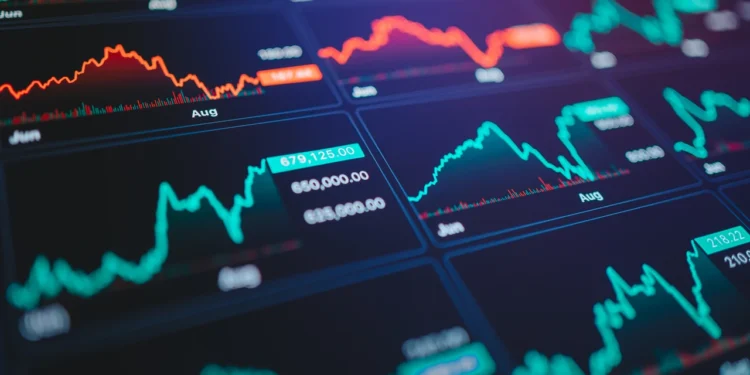Introduction
The term stock market crash instantly brings images of plummeting numbers, red screens, and panicked investors. But what exactly causes these sudden financial downturns, and what can we learn from them? Understanding the nature of market crashes is essential for both new and seasoned investors.
What Is a Stock Market Crash?
A stock market crash happens when share prices drop drastically within a short time. It’s not a simple dip—it’s a rapid fall fueled by fear, economic shocks, or loss of confidence. Typically, a crash wipes out significant value from major indexes like the S&P 500 or Dow Jones in days or weeks.
Historical Examples of Major Crashes
The Great Depression (1929)
One of the worst crashes in history, the 1929 collapse wiped out fortunes and led to years of economic hardship.
The Dot-Com Bubble (2000)
Tech startups exploded in the late ’90s but couldn’t sustain unrealistic valuations. When the bubble burst, trillions in market value vanished.
The 2008 Financial Crisis
Triggered by the U.S. housing bubble and subprime loans, it caused global economic turmoil and mass unemployment.
COVID-19 Market Crash (2020)
In March 2020, panic over the pandemic caused a sudden market plunge—the fastest in history—but it rebounded quickly thanks to stimulus measures.
Main Causes of a Stock Market Crash
Economic Bubbles
When asset prices rise far beyond their actual value, they eventually burst, leading to a crash.
Panic Selling
Fear spreads fast in markets. As investors rush to sell, prices spiral downward even faster.
Political or Global Instability
Wars, elections, and unexpected global events often trigger uncertainty that shakes investor confidence.
Interest Rate Hikes
When central banks raise rates, borrowing becomes expensive, reducing corporate profits and investor appetite.
How a Crash Affects the Economy
A market crash affects more than just traders. It reduces consumer spending, impacts retirement funds, and slows economic growth. Businesses cut costs, jobs are lost, and governments face immense pressure to stabilize the economy.
Investor Psychology During a Crash
Fear dominates investor behavior during a crash. The instinct to sell before losing more leads to even deeper declines. However, seasoned investors understand that downturns are often temporary.
Impact on Ordinary People
Even those who don’t invest directly feel the effects—through inflation, job insecurity, and reduced pension values. A crash can ripple across every corner of the economy.
The Role of Media During Crashes
Media coverage can amplify panic. Constant headlines about losses and uncertainty often lead investors to make rash decisions rather than rational ones.
How Governments and Central Banks Respond
Authorities typically step in with stimulus packages, interest rate cuts, and quantitative easing to restore confidence and liquidity in the market.
Can Stock Market Crashes Be Predicted?
No one can predict a crash with complete accuracy. However, warning signs like overvalued markets, high debt levels, and excessive speculation often precede them.
Strategies to Protect Investments
Diversification
Spread investments across sectors and asset types to minimize risk.
Long-Term Investing
Historically, markets recover. Holding investments long-term often leads to better outcomes.
Avoiding Emotional Decisions
Staying calm during market turbulence is key. Emotional trading almost always leads to losses.
Opportunities Hidden in Market Crashes
While crashes are scary, they also open the door for opportunity. When prices are low, long-term investors can buy quality stocks at a discount.
What to Do If the Market Crashes Again
Don’t panic. Review your portfolio, avoid impulsive selling, and consider buying into strong companies with solid fundamentals.
Lessons from Past Crashes
Every market crash teaches resilience. Investors who stay informed, patient, and strategic often emerge stronger than before.
Conclusion
A stock market crash may sound disastrous, but it’s also a natural part of the financial cycle. By learning from history, diversifying investments, and keeping a level head, investors can navigate volatility with confidence and even turn crises into opportunities.











































